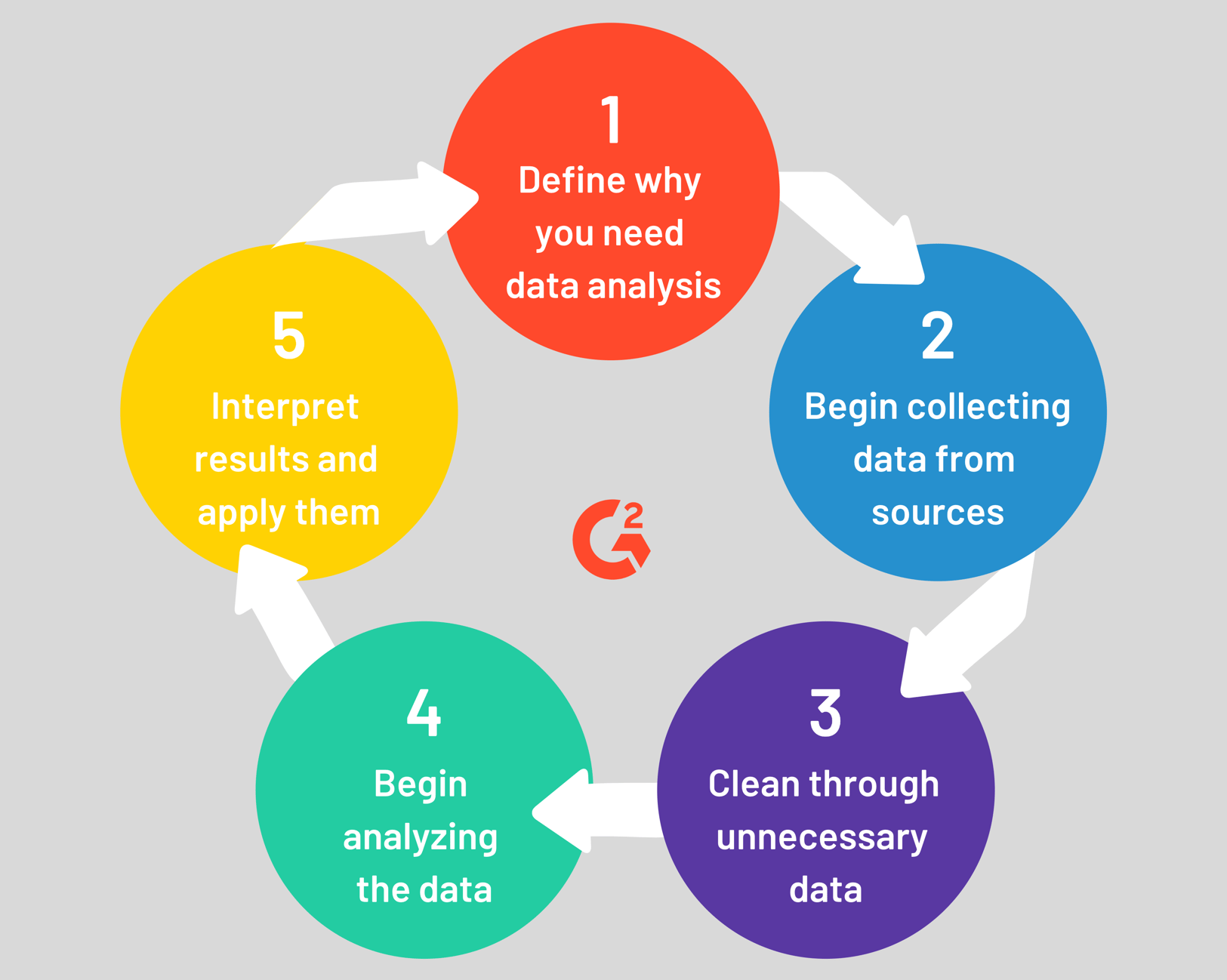
In the realm of research, delving into vast amounts of data to extract meaningful insights is a fundamental aspect. As a research data analyst, the ability to navigate through this sea of information efficiently can make a significant difference in the outcome of your study. This is where NVivo emerges as a powerful ally, offering a robust platform designed to streamline the process of data analysis and enhance the quality of your research. By mastering NVivo, researchers can not only organize and analyze their data effectively but also uncover valuable patterns and trends that might otherwise remain hidden.
NVivo Overview
In the world of research data analysis, NVivo is a powerful tool that enables researchers to efficiently handle and analyze large amounts of data. Specifically designed for qualitative and mixed-methods research, NVivo offers a comprehensive platform that supports the entire research process, from data organization to exploration and interpretation.
With NVivo, researchers can import a wide range of data sources, including interviews, surveys, articles, and social media content, allowing for a holistic and integrated approach to data analysis. The software provides tools for coding, categorizing, and querying data, facilitating the identification of patterns, trends, and insights that contribute to a deeper understanding of research findings.
Research data analysts benefit from NVivo’s user-friendly interface and customizable features that streamline the data analysis process. By harnessing NVivo’s capabilities, analysts can enhance the rigor and validity of their research, ultimately leading to more robust conclusions and impactful insights that advance knowledge in their respective fields.
Data Import and Coding
In the initial stage of utilizing NVivo for research data analysis, the process typically begins with importing the raw data into the software. This could involve various types of data sources such as text documents, audio files, video recordings, spreadsheets, or survey data. NVivo offers a user-friendly interface that allows researchers to easily import and organize their data for subsequent coding and analysis.
Once the data is imported into NVivo, researchers can start the coding process. Coding involves systematically labeling and categorizing segments of data based on themes, concepts, or patterns. NVivo provides tools for creating nodes, which are essentially containers for storing coded data segments. Researchers can create hierarchies of nodes to reflect the relationships between different themes and concepts identified in the data.
Furthermore, NVivo offers flexibility in coding approaches, allowing researchers to use both inductive and deductive coding methods. Inductive coding involves exploring the data to identify patterns and themes without preconceived notions, while deductive coding involves applying existing theories or frameworks to analyze the data. With NVivo’s robust coding capabilities, researchers can efficiently code and analyze large volumes of data to uncover valuable insights for their research objectives.
Advanced Data Analysis Techniques
In the realm of research data analysis, mastering advanced techniques can significantly enhance the depth and accuracy of insights derived from data sets. Utilizing NVivo for data analysis empowers researchers to employ intricate methodologies such as sentiment analysis, network analysis, and geospatial mapping. By leveraging these techniques, research data analysts can uncover nuanced patterns, connections, and trends within the data that might otherwise remain hidden.
Spss Data Analysis Services
Sentiment analysis is a powerful technique that allows researchers to gauge the emotional tone of text data, providing valuable context to understand the underlying attitudes and opinions expressed in the data. By applying sentiment analysis in NVivo, researchers can categorize text data as positive, negative, or neutral, enabling a more nuanced interpretation of the sentiment conveyed within the data. This technique is particularly useful in areas such as market research, social media analysis, and customer feedback analysis.
Network analysis is another advanced technique that is instrumental in unveiling complex relationships and structures within interconnected data sets. By visualizing data as networks of nodes and edges, researchers can identify key influencers, clusters, and patterns of interaction. NVivo offers powerful tools for network analysis, allowing research data analysts to explore and analyze complex networks with ease, thereby gaining deeper insights into the dynamics at play within their data sets.


